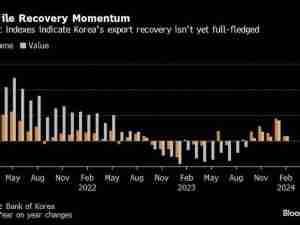The British finance industry will have to be patient as the European Union decides what sort of market access it will allow, according to an official from the 27-nation bloc.
U.K. firms’ ability to serve clients on the continent will largely depend on how British regulations evolve, something that still has to be assessed in detail, said Almoro Rubin de Cervin, who’s in charge of international relations at the European Commission’s department for financial services.
The industry was mostly left out of the free-trade agreement that Britain struck with the EU late last year and relations now hinge on a process known as equivalence, where each side grants market access if the other’s rules are seen as tough enough.
“Equivalence requires a certain degree of alignment. But that degree of alignment needs to be discussed and agreed area by area,” Rubin de Cervin told a European Parliament committee on Monday. “Equivalence as a process will take a while.”
While the U.K. started life outside the bloc on Jan. 1 with an almost identical set of rules, officials are contemplating changes in a number of areas. Bank of England Governor Andrew Bailey has said that the U.K. shouldn’t be tied to EU standards as the price for winning market access.
As a first step, the U.K. and the EU are working on ground rules for cooperation in financial services by March. That shouldn’t be confused with a negotiation on market access, Rubin de Cervin warned, adding that the planned memorandum of understanding won’t constrain the EU in its equivalence decisions.
If the distance between the two sides isn’t significant, the deadline to reach an accord is “definitely achievable,” according to the official. “But if the U.K. would come to the table on the MOU with excessive demands, for instance in terms of constraints on decision making, then it would take longer.”
The EU is also mulling changes to its rules, making assessments of alignment more complex. “To some extent—and that’s part of the difficulties going forward—we will be two moving targets,” Rubin de Cervin said.








